Captiva IT 40mg/150mg Capsule SR
MRP ₹166
(Inclusive of all Taxes)
₹24.9 Cashback (15%)
Provide Delivery Location
Online payment accepted
 Prescription drug
Prescription drugWhats That
About Captiva IT 40mg/150mg Capsule SR
Captiva IT 40mg/150mg Capsule SR is a combination medicine used to lower the increased level of stomach acid. It treats GERD (gastro-oesophagal reflux disease), and peptic ulcers. Gastroesophageal reflux disease (GERD) occurs when stomach acid frequently flows back into the food pipe (oesophagus). Peptic ulcers are sores that develop on the inner lining of the intestine and stomach.
Captiva IT 40mg/150mg Capsule SR is a combination of two drugs, namely: Pantoprazole and Itopride. Pantoprazole works by blocking the action of an enzyme called gastric proton pump, which is responsible for the production of acid. Itopride works by accelerating gastric emptying and improves gastric sensitivity and tension. It also has anti-emetic action. Together, Captiva IT 40mg/150mg Capsule SR helps in preventing acid reflux, thereby providing relief from acidity.
You are advised to take Captiva IT 40mg/150mg Capsule SR for as long as your doctor has prescribed it for you depending on your medical condition. In some cases, you may experience certain common side-effects such as headache, nausea, stomach pain, dizziness and diarrhoea. Most of these side-effects do not require medical attention and will resolve gradually over time. However, you are advised to talk to your doctor if you experience these side-effects persistently.
Inform your doctor before taking Captiva IT 40mg/150mg Capsule SR if you have a history of gastrointestinal bleeding, mechanical perforation/obstruction, or movement disorder. On long-term treatment, Captiva IT 40mg/150mg Capsule SR may cause osteoporosis and hypomagnesemia (low levels of magnesium). Consult your doctor if you are pregnant or breastfeeding. Captiva IT 40mg/150mg Capsule SR may cause drowsiness, so drive only if you are alert. Captiva IT 40mg/150mg Capsule SR should not be given to children as safety has not been established. Avoid consuming alcohol along with Captiva IT 40mg/150mg Capsule SR as it could lead to increased drowsiness and can elevate the production of stomach acid.
Uses of Captiva IT 40mg/150mg Capsule SR
Directions for Use
Key Benefits
Captiva IT 40mg/150mg Capsule SR is a combination of two drugs, namely: Pantoprazole and Itopride. Pantoprazole belongs to a group of medicines called proton pump inhibitors whereas itopride belongs to a group of medicines called prokinetic agents. Captiva IT 40mg/150mg Capsule SR is used to treat gastro-oesophageal reflux disease (reflux of gastric contents into the oesophagus), and peptic ulcers. Pantoprazole works by blocking the action of an enzyme called gastric proton pump, which is responsible for the production of acid. Itopride works by accelerating gastric emptying, and improves gastric sensitivity and tension. It also has anti-emetic action. Together, Captiva IT 40mg/150mg Capsule SR helps in preventing acid reflux, thereby providing relief from acidity.
Storage
Drug Warnings
Do not take Captiva IT 40mg/150mg Capsule SR if you are allergic to any of its contents. Inform your doctor before taking Captiva IT 40mg/150mg Capsule SR if you have a history of gastrointestinal bleeding, mechanical perforation/obstruction, or movement disorder. Captiva IT 40mg/150mg Capsule SR may cause osteoporosis and hypomagnesemia (low magnesium) on long-term treatment. Consult your doctor if you are pregnant or breastfeeding. Captiva IT 40mg/150mg Capsule SR may cause dizziness, so drive only if you are alert. Captiva IT 40mg/150mg Capsule SR should not be given to children as safety has not been established. Avoid consuming alcohol along with Captiva IT 40mg/150mg Capsule SR as it could lead to increased drowsiness and can elevate the production of stomach acid. Keep your doctor informed about your medications and health condition to rule out any side-effects.
Drug-Drug Interactions
Drug-Drug Interactions
Login/Sign Up
Co-administration of Rilpivirine is taken with Captiva IT 40mg/150mg Capsule SR, can decrease the absorption and blood levels of Rilpivirine and make the medication less effective.
How to manage the interaction:
Taking Captiva IT 40mg/150mg Capsule SR with Rilpivirine can lead to an interaction, please consult a doctor before taking it. Do not stop using any medications without talking to a doctor.
Taking Gefitinib with Captiva IT 40mg/150mg Capsule SR reduces the acidity level in the stomach and may interfere with the absorption of Gefitinib and reduce its effectiveness.
How to manage the interaction:
Taking Captiva IT 40mg/150mg Capsule SR with Gefitinib together can possibly result in an interaction, it can be taken if your doctor has advised it. You are recommended to take gefitinib 12 hours before or 12 hours after Captiva IT 40mg/150mg Capsule SR to help minimize the impact of the interaction. Do not discontinue the medication without consulting a doctor.
Taking Captiva IT 40mg/150mg Capsule SR with Pazopanib may reduce the effectiveness of pazopanib.
How to manage the interaction:
If you are supposed to take Captiva IT 40mg/150mg Capsule SR and Pazopanib together, but can be taken together if prescribed by a doctor. However, if you experience any unusual symptoms contact your doctor immediately. Do not stop using any medications without first talking to your doctor.
Taking Nelfinavir with Captiva IT 40mg/150mg Capsule SR may decrease the absorption and blood levels of Nelfinavir and reduce its effectiveness.
How to manage the interaction:
Taking Captiva IT 40mg/150mg Capsule SR with Nelfinavir together can possibly result in an interaction, but it can be taken if a doctor has advised it. A doctor can recommend other options that won't cause any problems when taken together. Do not stop using any medications without a doctor's advice.
Taking Erlotinib with Captiva IT 40mg/150mg Capsule SR may interfere with the absorption of Erlotinib into the bloodstream, and reduce its effectiveness.
How to manage the interaction:
Taking Captiva IT 40mg/150mg Capsule SR with Erlotinib together can possibly result in an interaction, but it can be taken if a doctor has advised it. A doctor can recommend other options that won't cause any problems when taken together. Do not stop using any medications without a doctor's advice.
Taking Dasatinib with Captiva IT 40mg/150mg Capsule SR may decrease the blood levels of Dasatinib and reduce its effectiveness.
How to manage the interaction:
Taking Captiva IT 40mg/150mg Capsule SR with Dasatinib together can result in an interaction, but it can be taken if a doctor has advised it. In case of any unusual side effects, contact a doctor. Do not stop using any medications without a doctor's advice.
Taking Captiva IT 40mg/150mg Capsule SR can make Dacomitinib less effective by reducing its absorption in the body.
How to manage the interaction:
Taking Captiva IT 40mg/150mg Capsule SR with Dacomitinib together can possibly result in an interaction, but it can be taken if a doctor has advised it. A doctor can recommend other options that won't cause any problems when taken together. Do not stop using any medications without a doctor's advice.
Co-administration of Methotrexate with Captiva IT 40mg/150mg Capsule SR can increase the levels and side effects of Methotrexate.
How to manage the interaction:
Although there is a possible interaction between Captiva IT 40mg/150mg Capsule SR and methotrexate, you can take these medicines together if prescribed by a doctor. However, if you experience any symptoms such as nausea, vomiting, loss of appetite, increased or decreased urination, sudden weight gain or weight loss, fluid retention, swelling, shortness of breath, tiredness, weakness, or dizziness, consult a doctor. Do not stop using any medications without consulting a doctor.
Co-administration of Captiva IT 40mg/150mg Capsule SR reduces stomach acid, decreases the absorption and blood levels of Atazanavir, and reduces its effectiveness.
How to manage the interaction:
Taking Captiva IT 40mg/150mg Capsule SR with Atazanavir together can possibly result in an interaction, but it can be taken if a doctor has advised it. A doctor can recommend other options that won't cause any problems when taken together. Do not stop using any medications without a doctor's advice.
Drug-Food Interactions
Drug-Food Interactions
Login/Sign Up
Diet & Lifestyle Advise
- Eat smaller meals more often.
- Avoid smoking and alcohol consumption. Alcohol intake leads to increased production of stomach acid, thereby increasing acidity and heartburn.
- Maintain a healthy weight by regular exercising.
- Avoid lying down after eating.
- Avoid tight-fitting clothes.
- Maintain a healthy weight by regular exercising.
- Practise relaxation techniques and avoid stress by doing yoga or meditation.
- Avoid foods such as high-fat food, spicy food, chocolates, citrus fruits, pineapple, tomato, onion, garlic, tea and soda.
- Avoid sitting continuously as it may trigger acidity. Take a break of 5 minutes every hour by doing brisk walking or stretching.
Side Effects of Captiva IT 40mg/150mg Capsule SR
- Headache
- Nausea
- Stomach pain
- Dizziness
- Diarrhoea
Habit Forming
Therapeutic Class
All Substitutes & Brand Comparisons
RX
Out of StockDiopan IT 40mg/150mg Capsule
Accilex Nutricorp
₹120
(₹10.8 per unit)
27% CHEAPERRX
Out of StockFarzole IT 40mg/150mg Capsule
Farlex Pharmaceuticals Pvt Ltd
₹140
(₹12.6 per unit)
15% CHEAPERRX
Out of StockItopral 40mg/150mg Capsule
Merion Care
₹145
(₹13.05 per unit)
12% CHEAPER
Author Details
We provide you with authentic, trustworthy and relevant information
Drug-Diseases Interactions
Drug-Diseases Interactions
Login/Sign Up
FAQs
Drug-Drug Interactions Checker List
- ASPIRIN
- NAPROXEN
- DULOXETINE
- LEVOTHYROXINE SODIUM
- ATORVASTATIN
- CLOPIDOGREL
- CYANOCOBALAMIN
Disease/Condition Glossary
Acidity: The stomach is usually protected from acid by a mucous layer. In some cases, due to excess acid production, the mucous layer gets eroded, which leads to complications like GERD, acidity, and peptic ulcers.
Gastroesophageal reflux disease (GERD): Gastroesophageal reflux disease (GERD) occurs when stomach acid frequently flows back into the food pipe (oesophagus). This backflow (acid reflux) irritates the food pipe and causes heartburn. Symptoms include heartburn, sour or bitter taste in the mouth, and difficulty swallowing.
Peptic ulcers: They are sores that develop on the lining of the stomach and intestine due to erosion of stomach's protective lining. Symptoms include nausea, changes in appetite, bloody or dark stools, unexplained weight loss, vomiting, and indigestion.

Have a query?
Alcohol
Safe if prescribed
Avoid consumption of alcohol while taking Captiva IT 40mg/150mg Capsule SR. Alcohol intake leads to increased production of stomach acid, thereby increases acidity and heartburn.
Pregnancy
Consult your doctor
Consult your doctor before taking Captiva IT 40mg/150mg Capsule SR if you are pregnant; your doctor will prescribe only if the benefits outweigh the risks.
Breast Feeding
Consult your doctor
Consult your doctor before taking Captiva IT 40mg/150mg Capsule SR; your doctor will decide whether Captiva IT 40mg/150mg Capsule SR can be taken by breastfeeding mothers or not.
Driving
Safe if prescribed
Captiva IT 40mg/150mg Capsule SR may cause dizziness. Do not drive or operate machinery unless you are alert.
Liver
Consult your doctor
Dose adjustment may be needed. Consult your doctor before taking Captiva IT 40mg/150mg Capsule SR if you have a liver impairment or any concerns regarding this.
Kidney
Consult your doctor
Dose adjustment may be needed. Consult your doctor before taking Captiva IT 40mg/150mg Capsule SR if you have kidney impairment or any concerns regarding this.
Children
Safe if prescribed
Captiva IT 40mg/150mg Capsule SR should not be given to children as safety and effectiveness were not established.






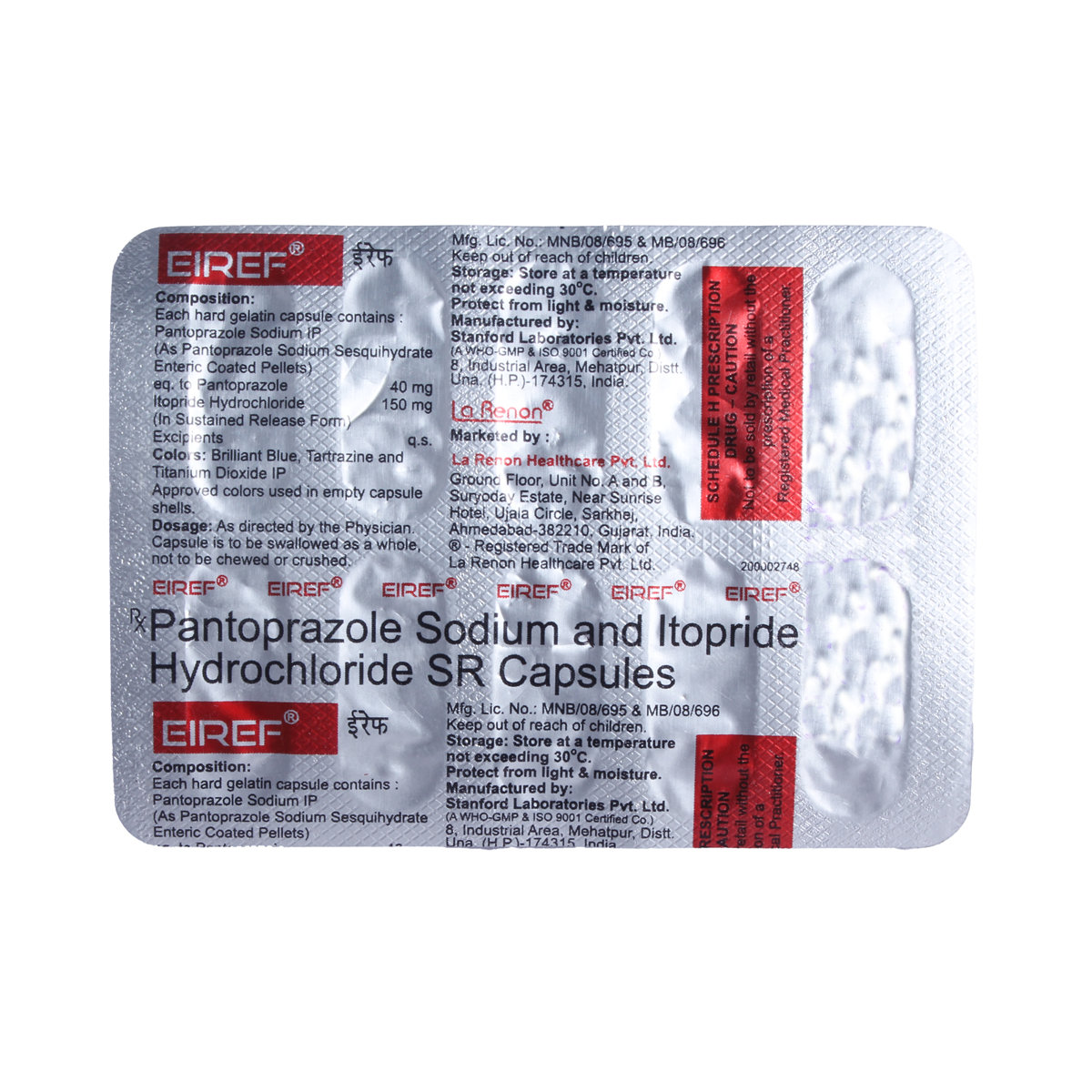
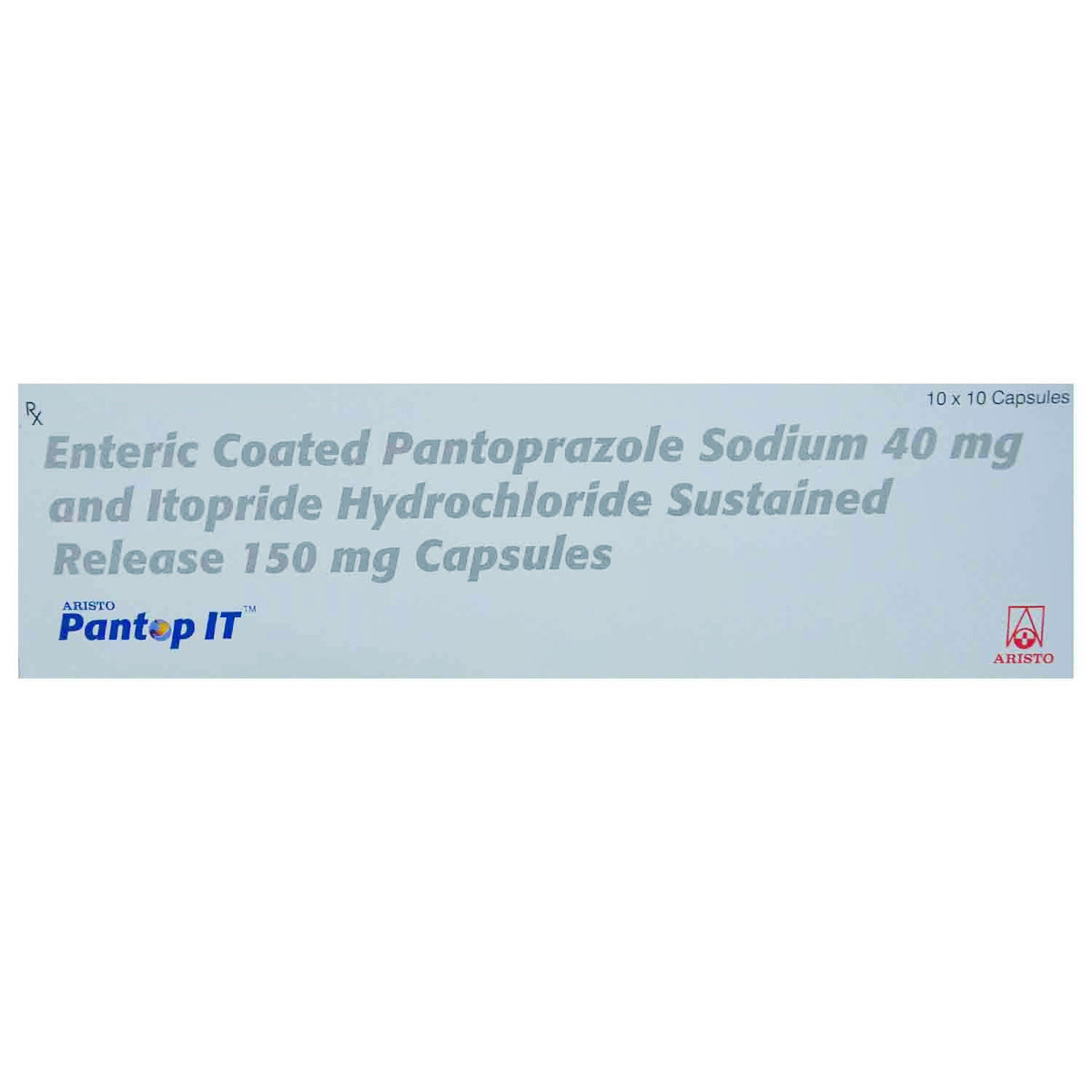
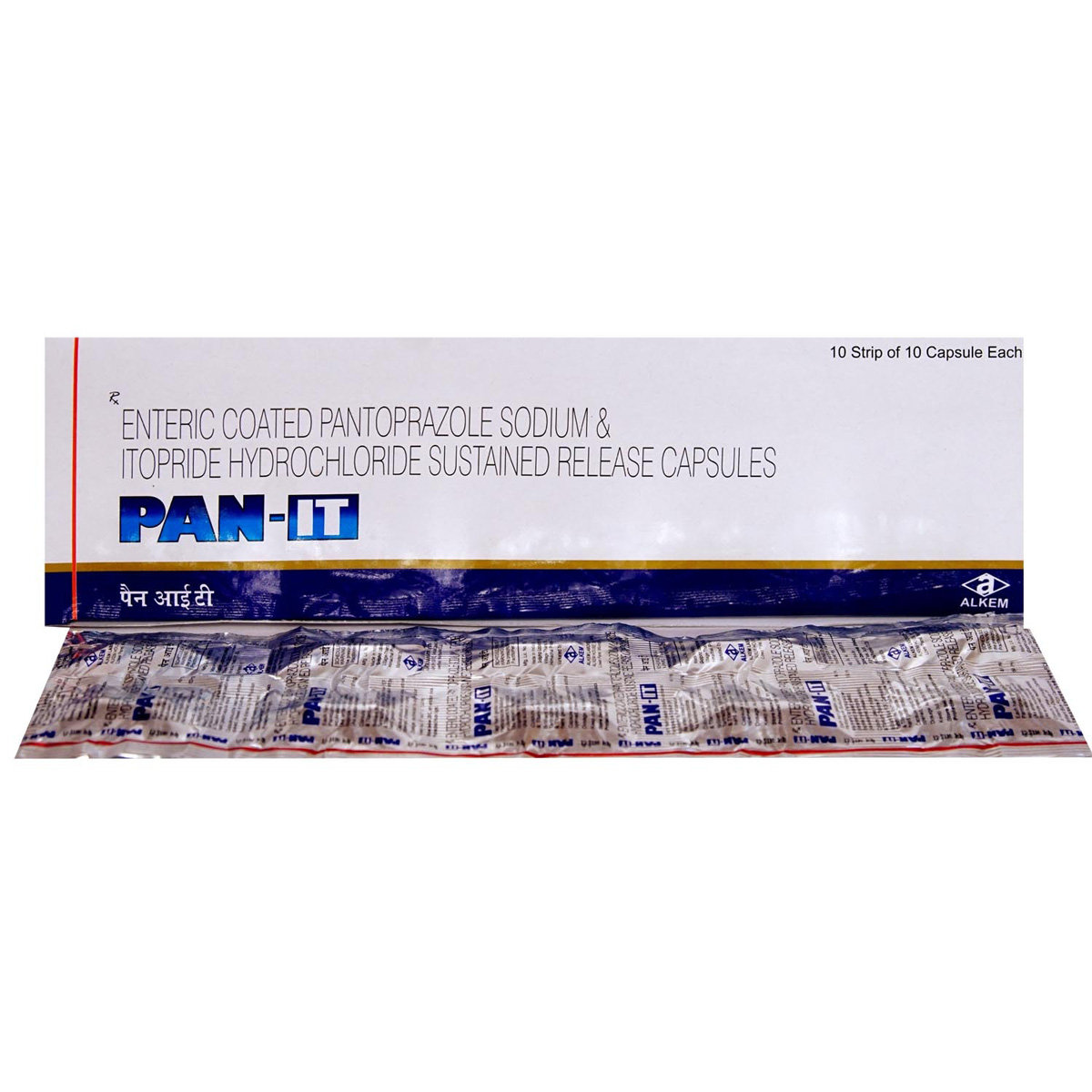
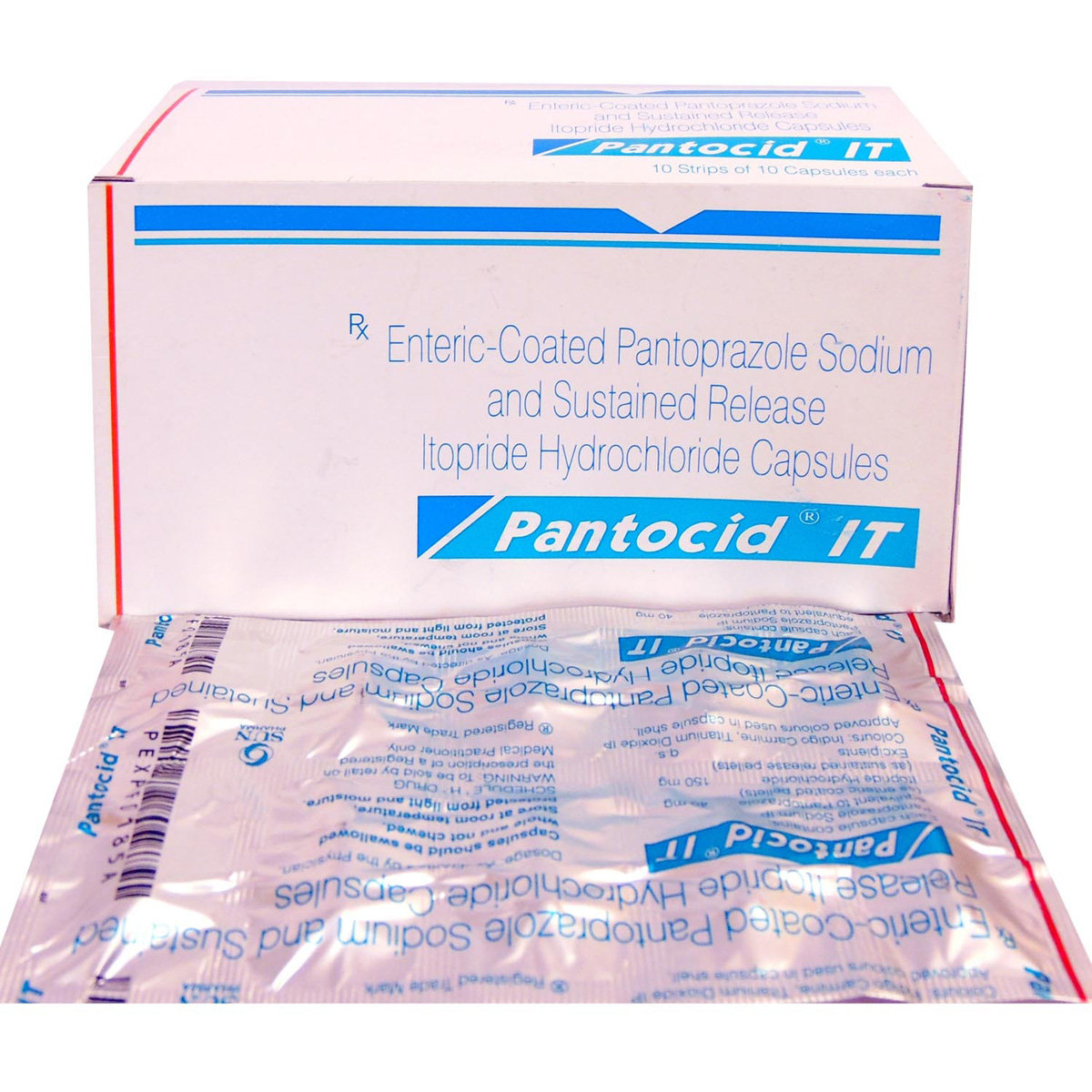
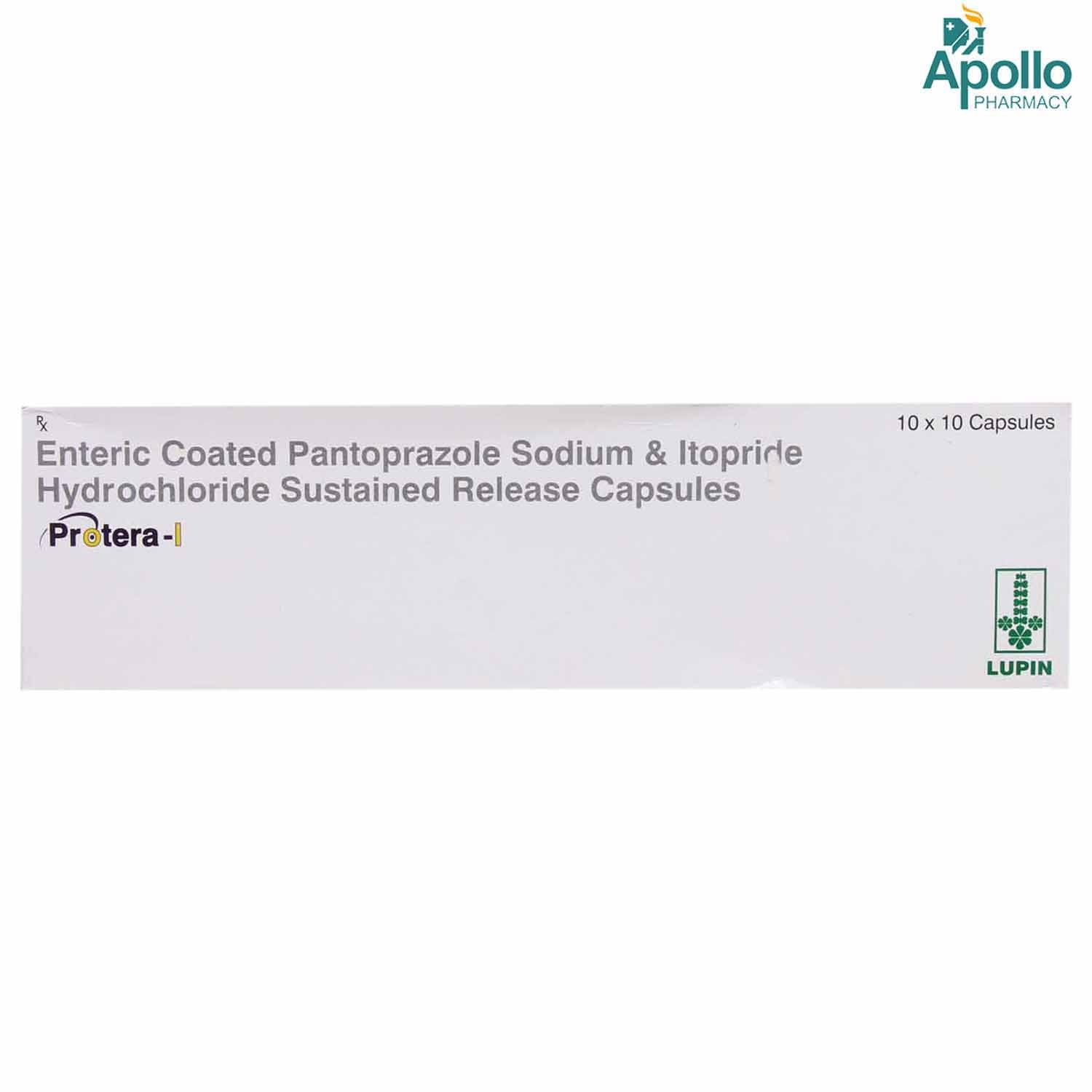
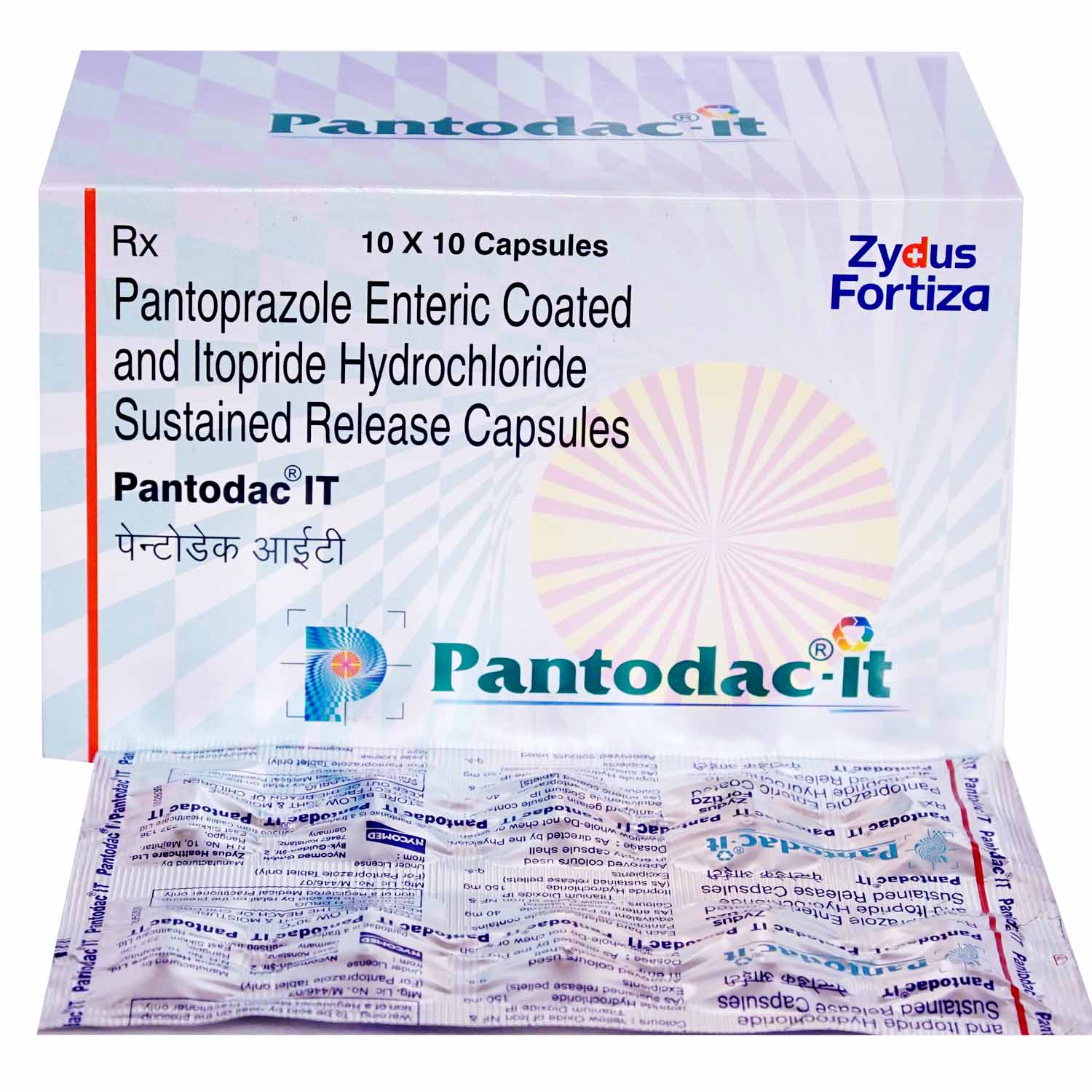
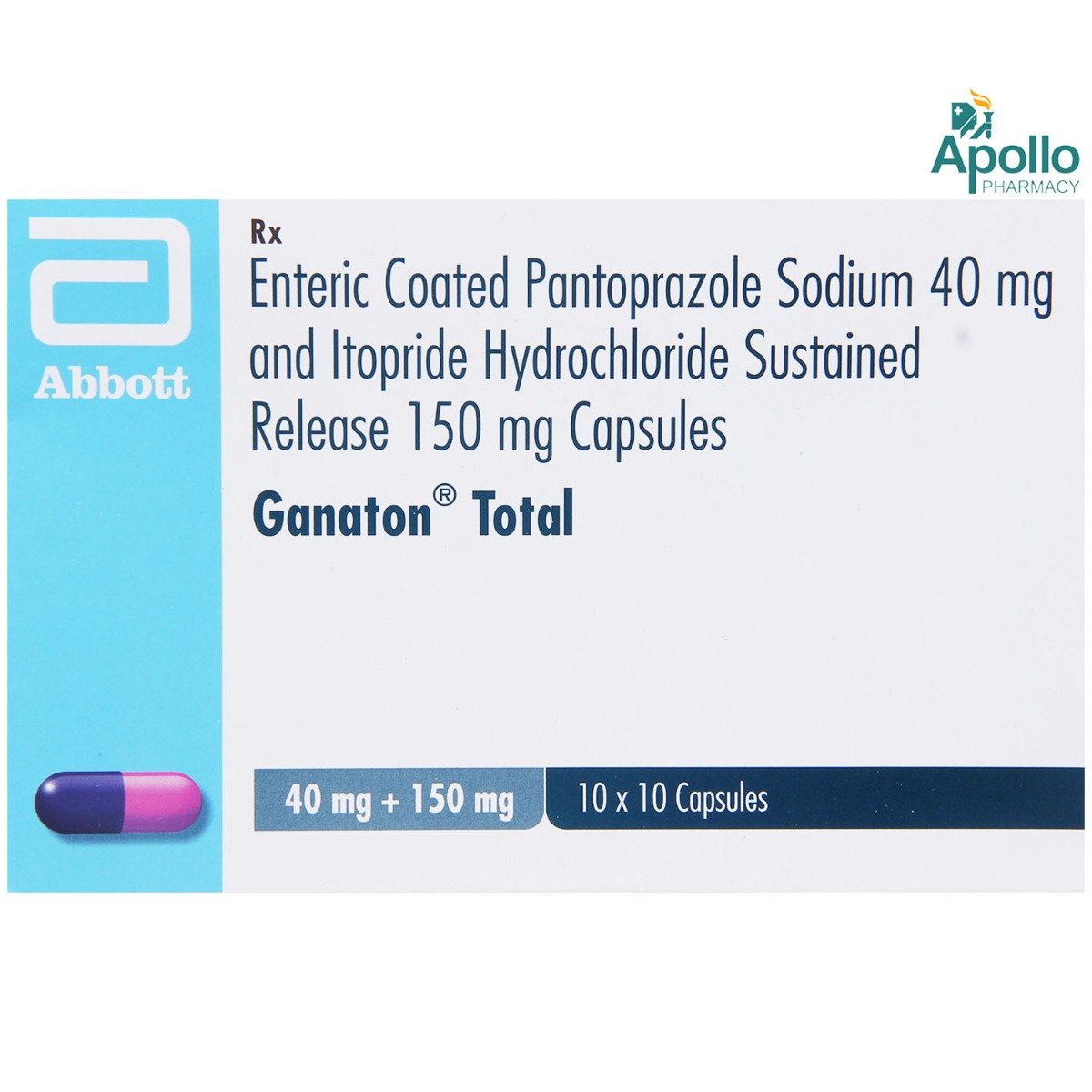

_0.jpg?tr=q-85)

